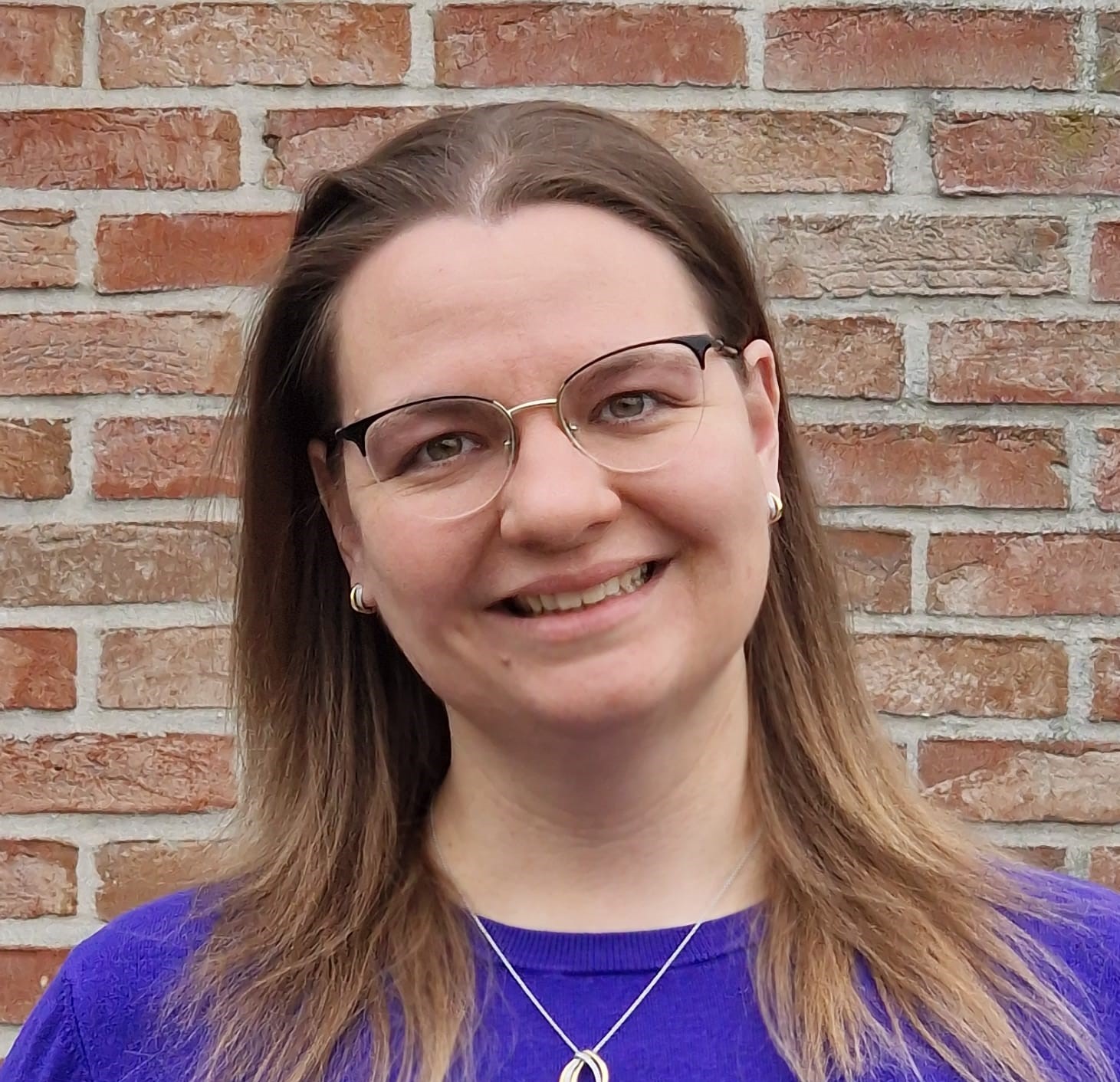 \
&
Contact us
\
&
Contact us
 \
&
Contact us
\
&
Contact us
Published on | 4 years ago
Last updated on | 3 months ago

marie.timmermann@fwo.be
A Data Management Plan (DMP) is a tool that supports researchers in organising their research data management (RDM) throughout a research project and beyond for the data to be collected, processed and generated. DMPs are mandatory under Horizon Europe for projects generating and/or reusing data.
A DMP describes the nature, the collection or acquisition, and the organisation and curation of research data, as well as adequate provisions for access to, and storage and (long-term) preservation of data. It also addresses aspects such as security, quality assurance, allocation of persistent identifiers (PIDs), provision of metadata in line with disciplinary requirements, licencing, and rules and procedures for sharing of data. A DMP needs to be specific and adapted to the nature of the data.
While practices with regard to data management, storage, and sharing of data can differ across disciplines, the following aspects need to be addressed in all DMPs:
Since EU grants are financed by public funds, beneficiaries are expected to disseminate their project results and outputs. In this way, the projects can benefit a larger group of persons and reach wider target groups. A DMP is an instrument to support researchers making research data FAIR: Findable, Accessible, Interoperable and Re-usable.
A first outline of how data (and other research outputs except for publications) will be generated and/or reused has to be provided in the project proposal (maximum one page) as part of the methodology of the project. A full DMP is not required at submission stage, unless exceptionally required by the work programme or call topic. It is, however, recommended to start filling in a DMP prior to the beginning of the project as DMPs are a key instrument to plan and conduct a research project.
A DMP has to be submitted as a mandatory project deliverable, normally within 6 months after grant signature. An updated DMP deliverable must be produced mid-project for projects longer than 12 months.
In any case, a DMP should be a living document that is updated throughout the project. Updates can be needed, e.g. when milestones related to the generation of data are attained, to reflect changes related to the original planning, changes in access provisions or curation policies related to data or other outputs, or changes in consortium practices or consortium composition.
It can be also a best practice to provide an update along with the periodic reporting. A final version needs to be on the list of end-of-project deliverables (where relevant).
In most cases, you create a DMP by filling out a template or by answering questions from a checklist.
There exists an official generic template from the European Commission (version of 2022-04-01 also attached to this info sheet) that describes in 10 (sub)sections the topics that need to be covered.
For more background and additional help, we refer to the OpenAIRE project. Though this is written within the context of the Horizon 2020 Open Research Data Pilot, the main content remains valid and relevant. You'll also find there 8 other guides, dealing with specific issues (e.g. raw data, non-digital data, sensitive data, ...) and the broader context (e.g. assess RDM costs, repositories, ...)
There exist software tools (e.g. DMP online, DMPTool, ...) that help you create a DMP. Typically you'll have to select the appropriate template, after which guidance is provided in the form of a limited set of relevant questions.
We offer news and event updates, covering all domains and topics of Horizon Europe, Digital Europe & EDF (and occasionally, for ongoing projects, Horizon 2020).
Stay informed about what matters to you.
By signing up, you can opt in for e-mail notifications and get access to
a personalised dashboard that groups all news updates and event announcements in your domain(s).
Only for stakeholders located in Flanders
Professor Inez Germeys leads the Center for Contextual Psychiatry at KU Leuven, which is a large multi-disciplinary research group focusing on the interaction between the person and the environment in the development of psychopathology. She has received a European Research Council (ERC) Consolidator grant (INTERACT) and Proof of Concept grant (IMPACT). With these grants professor Germeys and her team researched a new mobile self-management therapy for patients with a psychotic disorder. The Acceptance and Commitment Therapy in Daily Life (ACT-DL) was further developed for the clinical environment. In line with that the Horizon 2020 IMMERSE project aims to thoroughly evaluate strategies, processes, and outcomes of implementing a digital mobile mental health solution.